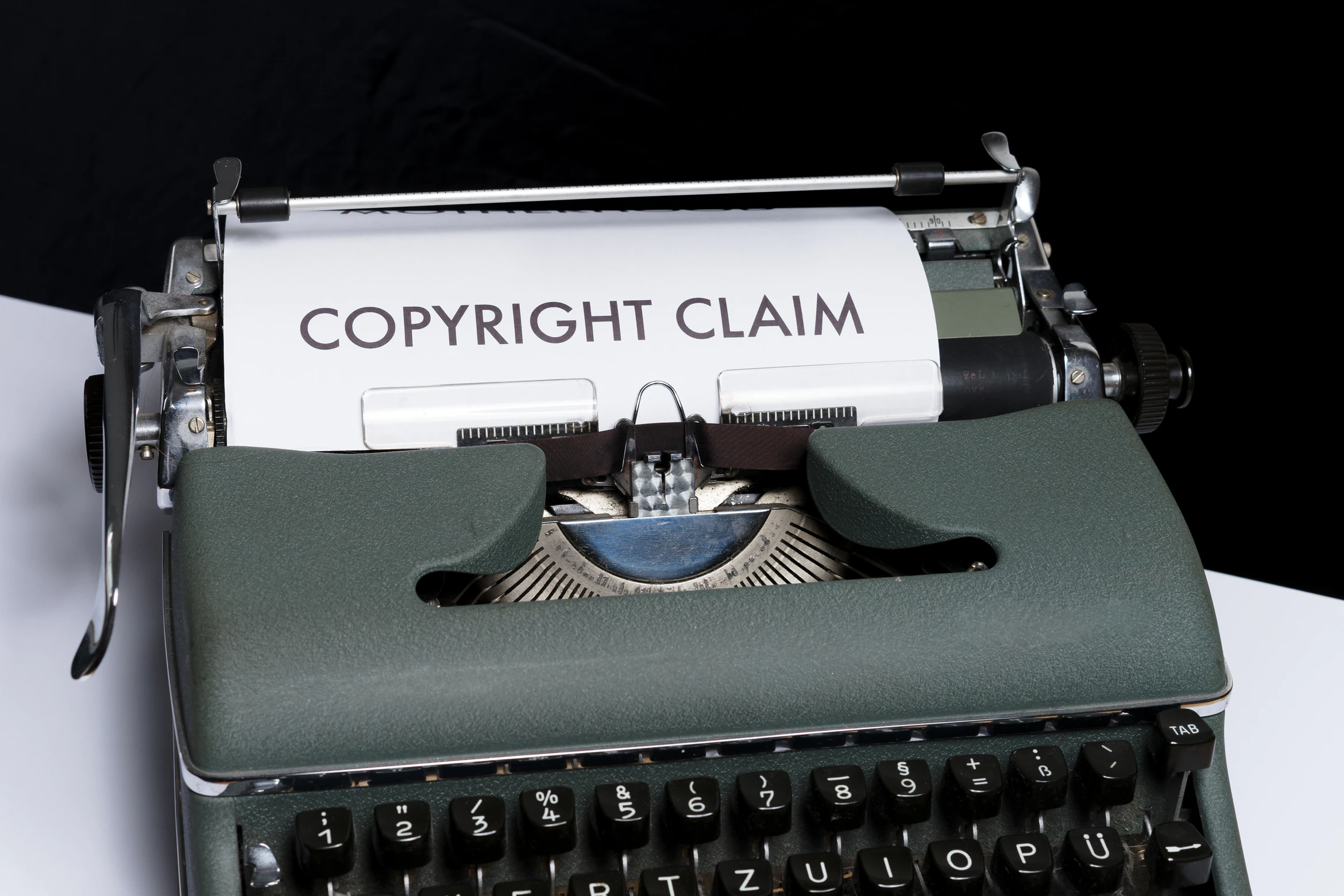Trademarks, patents and copyrights are three of the basic types of intellectual property (“IP”). In the US, each is legally protected by statutory and regulatory registration/application regimes. In addition, all three types of IP are explicitly protected by international law pursuant to many international treaties and agreements. A fourth major type of IP involves trade secrets. Trade secrets are protected by various statutes, but there is no registration regime for trade secrets. Here is a quick comparison of trademarks, patents, and copyrights.
What is Legally Protected?
Trademark laws affords legal protection for designs, marks, logos, words, phrases, or combinations thereof that are used in association with the sale of goods or services. Trademarks are used to identify a unique commercial source of those goods and services. Patent law affords legal protection for new inventions like machines, devices, and chemical compositions. Patents also protect novel designs and plants. Copyright law affords legal protection for original artistic works placed in tangible mediums like literature, music, movies, and website content.
In each case, the legal protection afforded allows an owner/holder to prevent others from using their IP. That is, a trademark, patent or copyright owner can prevent others from using their trademark, patent, or copyright. Most often, IP rights are defended by bringing infringement litigation in federal courts.
Where to Register?
Trademarks are registered by the US Patent & Trademark Office (“USPTO”) and copyrights are registered by the US Copyright Office. Patents are obtained from the USPTO.
Why Register or Apply for a Patent?
With respect to patents, there are no legal protections for an invention unless a patent has been issued. With respect to trademarks and copyrights, enhanced legal protections are available if the IP is registered. As examples, registering a trademark gives its owner nationwide priority and registering a copyright is a prerequisite to bringing federal copyright infringement litigation.
How Long Does the Legal Protection Last?
The legal protections afforded by trademarks remain in place indefinitely as long as the trademark is being used in interstate commerce. Legal protections for patents have a term from 14 to 20 years depending on the type of patent. The length of term for copyright protection varies, but for original works of authorship created since 1978 or so, copyright legal protection lasts for the life of the author plus an additional 70 years.
International Protection
Trademarks, patents, and copyrights are protected internationally by operation of various international treaties and agreements. Essentially, the international treaties and agreements obligate signatories to recognize the IP rights of the citizens of other nations in exchange for having the IP rights of their citizens internationally recognized. There are many trademark treaties, but probably the most famous is the Madrid Protocols. There are also many international treaties related to patents. Probably the two most important are the Paris Convention and the Patent Cooperation Treaty. The main international copyright treaty is called the Berne Convention. For more information, contact Revision Legal at 231-714-0100. Our litigation team has deep experience in trademark law,copyright law, and patent law.




